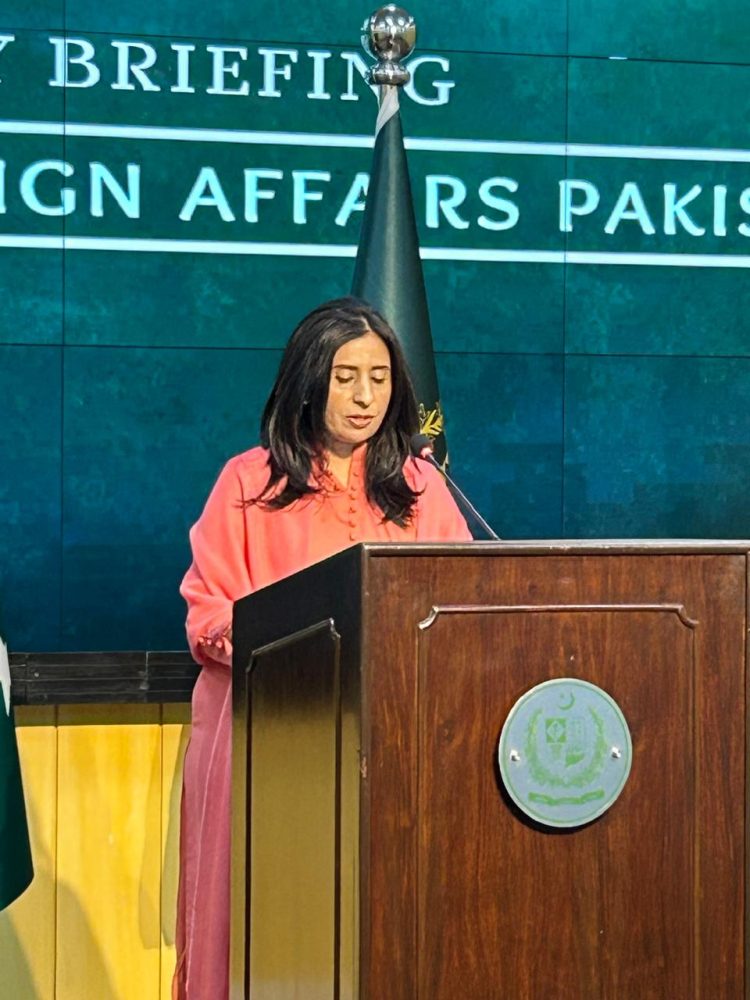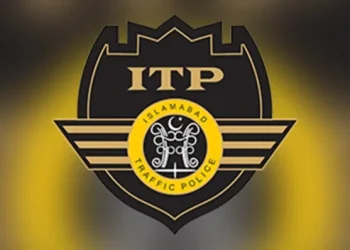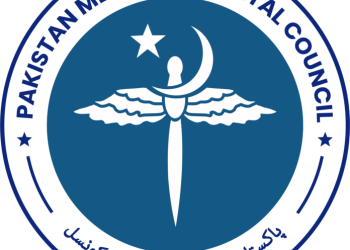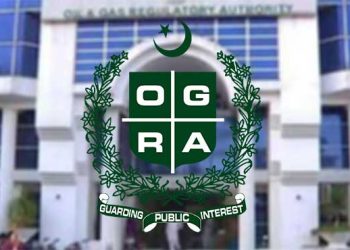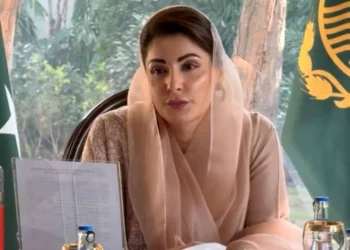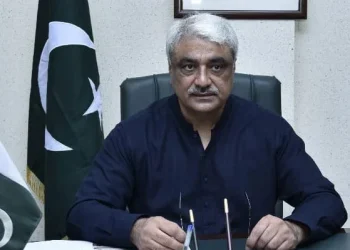By Naveed Siddiqui
ISLAMABAD: Pakistan has expressed hope that the incoming Indian government, led by Narendra Modi who is set to be sworn in for a third term as India’s prime minister on Sunday, will take steps to create a ‘conducive environment’ for advancing peace and resolving long-standing disputes to benefit both nations’ populations.
Foreign Office spokesperson Mumtaz Zahra Baloch emphasized Pakistan’s desire for cooperative relations with all neighbors, including India. She highlighted the need for constructive dialogue and engagement to address outstanding issues, particularly the Jammu and Kashmir dispute. Baloch criticized India’s actions on August 5, 2019, which she claimed had deteriorated bilateral relations.
Addressing the recent negative rhetoric against Pakistan during India’s electoral campaign, Baloch reiterated Pakistan’s commitment to peaceful coexistence and regional stability, hoping for reciprocal steps from India.
Regarding Prime Minister Shehbaz Sharif’s visit to China, Baloch affirmed the time-tested and mutually beneficial Pakistan-China relationship. On Friday, both countries signed 23 MoUs and agreements to enhance cooperation in various sectors, including transport infrastructure, industry, energy, and socio-economic development.
During delegation-level talks with Chinese Premier Li Qiang, both leaders reaffirmed the strategic cooperative partnership between Pakistan and China, expressing support for each other’s core issues and commitment to the China-Pakistan Economic Corridor (CPEC). They also pledged to protect CPEC from detractors and adversaries, with Pakistan ensuring the safety and security of Chinese personnel and projects within its borders.
Baloch highlighted that Pakistan and China would continue high-level exchanges and strengthen institutional linkages, maintaining close consultations on regional and global issues during Pakistan’s tenure as a non-permanent member of the UN Security Council (2025-2026).
Furthermore, Baloch condemned recent Israeli actions in Gaza, including the bombing of a UNRWA-run school and the storming of the Al-Aqsa Mosque compound, labeling these as grave violations of international law and war crimes. She also defended Pakistan’s human rights record in response to a recent European Union report, emphasizing that Pakistan’s constitution guarantees human rights protections.


